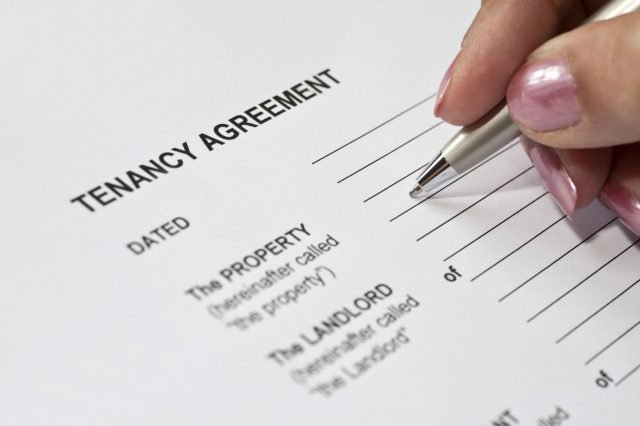Cowboy Letting Agents have to be Stopped
Letting agents charging hidden and excessive fees are to be cracked down on, a team of MPs has requested.
The Communities and Local Government Select Committee have asked the Government to introduce stricter new rules and regulations for letting agents, to reflect those of estate agents.
This would allow the Office of Fair Trading to ban agents who practise incorrectly and would protect landlords’ and tenants’ money.
Clive Betts MP, Chair of the Committee, says: “Amazingly, letting agents are subject to less control that estate agents. This lack of regulation is giving rise to sharp practice and abuse by some letting agents. We were told that the letting sector was the property industry’s Wild West.
“Cowboy agents who rip off landlords and tenants have to be stopped. They need to play by new rules or get out of the sector.
“Unreasonable fees and opaque charges are not confined to a few rogue agents.
“Many well-known high street agents are just as guilty. Agents must make tenants aware from the outset of the fees they intend to charge. All property listings on websites, in print or in agents’ windows must be accompanies by a full breakdown of fees.”
The Committee have called for agents to inform tenants about fees before the letting process commences.
The Committee’s report suggests that all property listings and advertisements should list in full the fees a tenant would have to pay.
While the private rental sector has increased substantially in the last ten years, the market is still undeveloped and does not provide the service that tenants are looking for, says the Committee.
The MPs would also like to see barriers on longer tenancies removed, and that landlords should be able to evict tenants more easily when they did not pay their rent.
The report also found that tenants and landlords are often unaware of their rights and responsibilities, and so the Committee have requested a publicity campaign to encourage awareness.
The report recommended the Government to work with groups that represent tenants, landlords, and letting agents to create a standardised, plain language tenancy agreement that all contracts can be based upon. The agreements should also include a simple fact sheet.
Mr Betts adds: “Too often, the security desired by many families is not available within the private rental sector. We heard from one father whose ten-year-old daughter had already had to move home seven times in her life.
“We have to overcome the barriers to longer tenancies. Letting agents should not be chasing renewal fees. Instead they should be working to ensure the length of tenancies meets the needs of both tenants and landlords. In addition, mortgage lenders should remove conditions that limit tenancies to one year.
“I want to see renting as an attractive alternative to owner-occupier. The market has to better meet the needs of renters. Tenants and landlords need to be much better informed about their rights and responsibilities. Bad landlords should be driven out of the sector.”1
Mark Prisk, housing minister, says: “We’re determined to build a bigger and better private rented sector that gives tenants more choice, but we should avoid excessive regulation on the sector which would push up rents and reduce choice for tenants.
“That’s why we’re taking action to require all letting agents to belong to a redress scheme so landlords and tenants have somewhere to go if they don’t get the service they deserve, and investing £5.5m for councils to tackle rogue landlords in their area.”1
Housing charity Shelter cautioned that the amount of families renting their house has doubles in the last decade, as an increasing number are priced out of the property market.
The latest Census figures revealed that one in five families in England, equal to 1.2 million households, currently rent from a private landlord. This number has doubled since 2001.
The proportion of families who own their property has decreased by 13% also.
Shelter believes that the Government should build more affordable houses to resolve the housing shortage, and to prevent more families living in rental accommodation, and bringing up their children in unstable homes.
The Strategic Society Centre would also like the Government to initiate new regulations preventing buy-to-let landlords from purchasing new build houses, and introduce a lending limit, to avoid another housing bubble.
They believe that buy-to-let investors are obstructing first time buyers from getting into the property market.
The Centre suggested mortgage lenders should be limited to only lending 5% of their book to buy-to-let landlords.
They found that one in ten families who rent have had their lives interrupted by moving home, that they have even had to change their children’s schools.
10% of parents who have moved in the last five years said that their children would have liked to stay where they were, and 13% said the move was stressful or upsetting for their children, revealed the Centre.
An additional 44% believes that their children would have had a better childhood if they had had a more stable home.
One in ten families moved because their landlord requested them to leave or gave them notice, while 15% had moved because their accommodation was in a poor condition.






